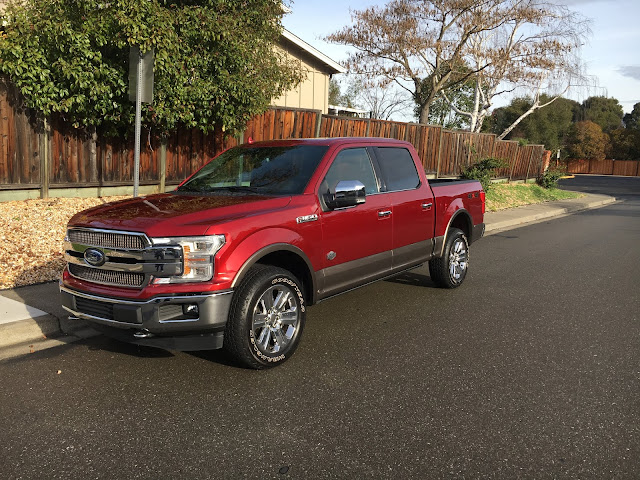Thoughts on Media Cars & Reliability
After over four years I'm back reviewing cars. For those of
you who don't know I now write for the Tracy Press here in my new(ish) hometown
of Tracy, California.
It's
weird how much cars have changed in four years. Technology is rampant now;
anti-collision systems are in everything. I like tech but I'm not the savviest
guy around so I sometimes have problems either turning things on or off. It's
kind of frustrating to have a car beep or buzz constantly without know exactly
why. I'm learning though.
In four years the media fleets seem to have been drastically reduced. I understood the downsizing back when all the car companies were facing extinction (well not all of them but times were tough) but now that the market is back I just don't get it.
Today (March 10, 2016) I got my first pickup, a Nissan Frontier, in a long time. Trucks used to be a mainstay of the media fleets but not now. Tracy almost seems like truck central - drive around and it sometimes looks like pickups out number cars. I asked the two main media fleets for pickups and they said they didn't have any. I reached out to the different auto manufacturers and heard from two; one said the media in this area (Northern California) haven't shown any interest in pickups. The other, Nissan, said they'd see if they could get a truck in the fleet soon (they did).
I don't understand the many other writers. Trucks are a big deal for the auto makers. The profit margin on a truck is humongous and the competition between the companies is fierce. Chevrolet, Ford, and Ram are the major players. Then there is Honda, Nissan and Toyota. Yes The SF Bay Area is partial to Eco-friendly (hybrids and electric) and foreign cars, especially in the urban areas. But there is more to Northern California than the immediate Bay Area.
I would venture a guess that many writers like to drive either high end or sports oriented cars. I do too. But most of my readers are regular people. Sure they like to hear about the fastest cars but really I can't do as good a job as the magazines. And neither can most writers. We just don't have the instrumentation, locations, and time to do all the in depth testing.
I like to test the kind of vehicles I see on the road not because that is what always appeals to me but obviously it appeals to the population where I live. I also like to review cars that I think are socially responsible.
It is
a privilege to get media cars. I get to drive a different new car or truck
almost every week. They are delivered right to my driveway with a full tank of
gas. I don't have to refill the tank when I return the car although I
always try to make sure there is around a quarter of a tank of gas (I've heard of a
writer who used to return cars with the low fuel light on). I never
complain; who would?
---
A
couple of weeks ago while at a dinner with other automotive writers the subject
of reliability was raised. We had a lively discussion.
One of the writers, a guy I didn't know, opined that the traditional front runners were slipping. To back up his opinion he cited J.D. Powers numbers. Now I respect Powers but I don't think their figures reflect real world, long term reliability.
My opinion is that a vehicle should be able to go at least 200,000 relatively trouble-free miles with only routine maintenance. Trouble-free is kind of a fluid term but I'll say that a car should not need a repair that exceeds the $1,000-$1,500 range. (That may seem high to some but when a routine brake job can exceed $500 it really isn't.)
I think one of the best, if not the best, surveys on long term reliability is the one done by Consumer Reports. But the absolute best source is the warranty cost per year per vehicle - something we are never going to see unless we work at one of the car companies.
I have no doubt that some makes and models that used to rate poorly are doing much better. There has been a big push over the past ten years for these companies to improve their quality. And maybe the traditional front runners have slipped a bit as they've increased production. But we'll really never know for sure if we rely on the first year or two for reliability surveys.
A couple of non-scientific ways to find out what is reliable and what isn't is to look at the older cars on the road and to look at the prices of ten year old cars. What cars have lasted and which ones have held, or increased, value?
Anyway that's my two cents on the subject.


Comments